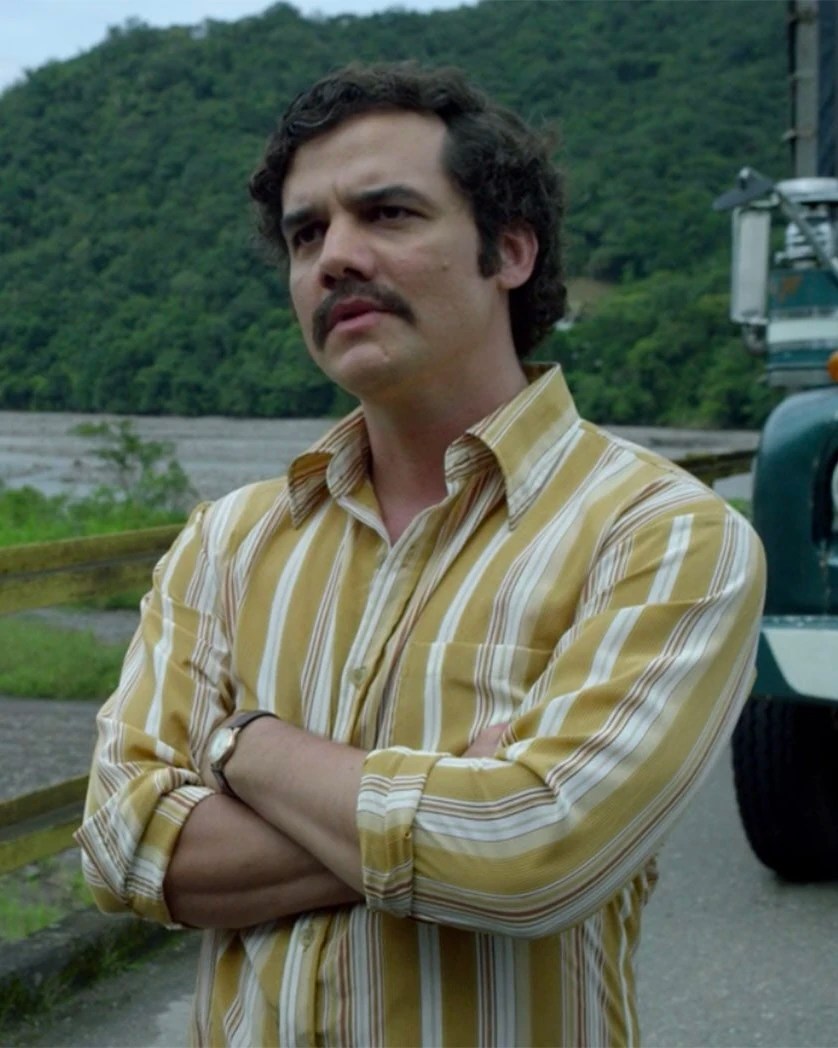Pablo Escobar, the notorious Colombian drug lord, once ruled the cocaine trade and was one of the wealthiest criminals in history. His reign of terror lasted over two decades, filled with violence, power struggles, and a relentless pursuit of wealth. However, his empire came crashing down in the early 1990s, leading to the end of Pablo Escobar, a chapter that marked a significant turning point in Colombia's history and the global war on drugs. This article delves into the events that led to his downfall, the impact of his reign, and the legacy he left behind.
The end of Pablo Escobar did not happen overnight; it was the culmination of years of relentless battles between the Colombian government, the United States, and Escobar's infamous Medellín Cartel. As Escobar's power grew, so did the efforts to bring him to justice. His story is one of ambition and greed, but also of tragedy and loss, resonating deeply within the fabric of Colombian society.
This article aims to explore the intricate details surrounding the end of Pablo Escobar, shedding light on the man behind the myth, the forces that worked against him, and the lasting impact of his actions. From his rise to power to the final moments of his life, we will examine the multifaceted narrative that encapsulates one of the most infamous figures in modern history.
What Led to the Rise of Pablo Escobar?
Pablo Escobar's ascent to power can be traced back to his early life in Colombia. Born on December 1, 1949, in Rionegro, Escobar grew up in a modest environment and quickly developed a keen sense for business. As a teenager, he engaged in petty criminal activities, which laid the foundation for his future endeavors in drug trafficking.
Biography of Pablo Escobar
| Attribute | Details |
|---|---|
| Name | Pablo Emilio Escobar Gaviria |
| Born | December 1, 1949 |
| Died | December 2, 1993 |
| Nationality | Colombian |
| Profession | Drug Lord, Businessman |
| Known For | Leader of the Medellín Cartel |
How Did Pablo Escobar Build His Empire?
Escobar's empire began with small-scale cocaine production in Colombia, capitalizing on the growing demand for the drug in the United States during the 1970s. By the early 1980s, he had transformed the Medellín Cartel into a powerful organization, controlling a significant portion of the cocaine trade. Escobar's tactics included violence, bribery, and a network of corrupt officials, which allowed him to operate with relative impunity.
What Events Marked the End of Pablo Escobar?
The end of Pablo Escobar was marked by a series of events that intensified the efforts to dismantle his cartel. The Colombian government, with the assistance of the United States, launched a widespread campaign against Escobar and his associates. This included the establishment of special police units, known as the Search Bloc, which were dedicated to capturing or killing him.
What Role Did the United States Play in His Downfall?
The United States played a crucial role in the end of Pablo Escobar. With the rise of cocaine use in the U.S., the government became increasingly concerned about the influence of drug cartels. The Drug Enforcement Administration (DEA) collaborated with Colombian authorities, providing intelligence and resources to track down Escobar. This partnership intensified the pressure on Escobar, leading to a series of confrontations and ultimately his downfall.
How Did Escobar’s Death Impact Colombia and the Drug Trade?
On December 2, 1993, Escobar was shot and killed by Colombian National Police in Medellín. His death marked a significant turning point for Colombia, as it signaled the decline of the Medellín Cartel and the beginning of a new era in the country's fight against drug trafficking. However, the power vacuum left by Escobar's demise led to the rise of other cartels, leading to ongoing violence and instability in the region.
What Legacy Did Pablo Escobar Leave Behind?
The end of Pablo Escobar did not erase the legacy of his actions. While he is often remembered for his brutality and the violence associated with his cartel, many Colombians also view him as a complex figure who provided for the impoverished communities in Medellín through various social programs. This duality complicates the narrative of his legacy, making him a subject of fascination and controversy even decades after his death.
What Lessons Can Be Learned from the End of Pablo Escobar?
The end of Pablo Escobar serves as a cautionary tale about the consequences of unchecked power and the impact of the drug trade on society. It highlights the importance of international cooperation in combating organized crime and the necessity of addressing the underlying social issues that contribute to the drug problem. Ultimately, Escobar's story is not just about one man; it is a reflection of the broader struggles faced by many countries in dealing with the complexities of the drug trade and its far-reaching effects.
In conclusion, the end of Pablo Escobar represents a critical juncture in both Colombian and global history. His rise and fall illustrate the volatile nature of power, the struggles against drug trafficking, and the ongoing challenges in creating a safer and more just society. The legacy of Pablo Escobar is one that continues to evoke strong emotions and discussions, reminding us of the lasting impact of his actions and the importance of vigilance in the fight against crime.
```
Unveiling Beth Ostrosky: A Glimpse Into Her Life On Howard Stern
Understanding Montel Williams And His MS Symptoms
Quavo Rapper: The Rise Of A Hip-Hop Icon


